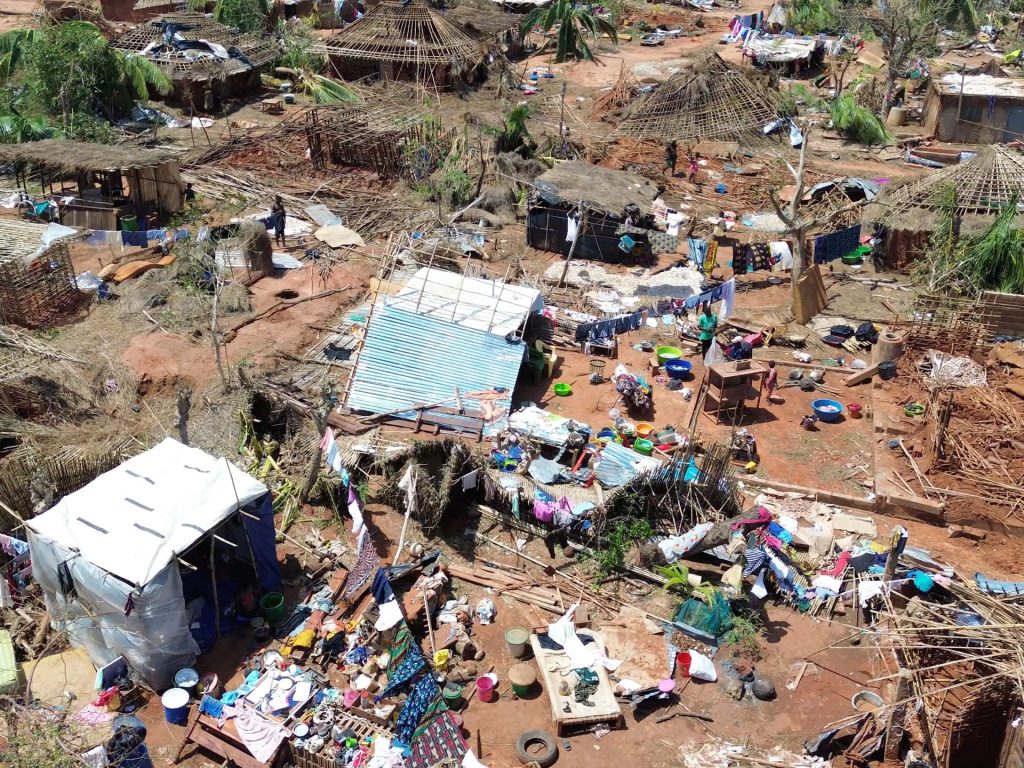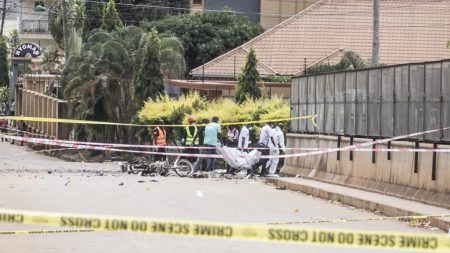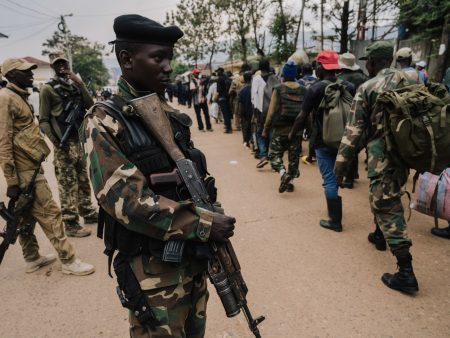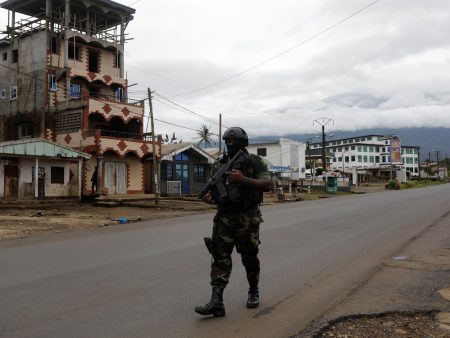Cyclone Chido, a devastating tropical storm, wreaked havoc across southeastern Africa in April 2024, leaving a trail of destruction and loss of life in its wake. Mozambique bore the brunt of the cyclone’s fury, with the death toll reaching 73, the majority concentrated in the northern Cabo Delgado province, a region already grappling with conflict and underdevelopment. The cyclone’s impact was widespread, affecting over 329,500 people, destroying more than 39,100 homes, and partially damaging thousands more. The storm’s ferocity was evident in the recorded wind speeds of approximately 260 kilometers per hour (161 miles per hour) and the torrential rainfall exceeding 250 millimeters (10 inches) within a 24-hour period. These extreme weather conditions exacerbated the existing vulnerabilities in the region, leaving communities struggling to cope with the aftermath.
The catastrophic impact of Cyclone Chido in Mozambique was compounded by the existing humanitarian crisis in the region. Even before the cyclone struck, an estimated 3.4 million children required humanitarian assistance, highlighting the pre-existing fragility of the region. The cyclone further intensified the suffering, leaving countless families homeless and desperate for basic necessities like shelter, food, and clean water. The destruction of homes and infrastructure further strained resources and hindered recovery efforts. The scale of devastation painted a grim picture, with entire villages reduced to rubble, leaving residents with nothing but the clothes on their backs. The cyclone’s impact extended beyond the immediate loss of life and property, disrupting livelihoods, displacing communities, and creating a long-term humanitarian challenge.
Beyond Mozambique, Cyclone Chido’s destructive path extended to neighboring Malawi, claiming 13 lives and injuring dozens more. This added to the mounting humanitarian crisis in the region, stretching resources thin and demanding a coordinated international response. The cumulative impact of the cyclone across multiple countries underscored the vulnerability of the region to such extreme weather events and the urgent need for strengthened disaster preparedness and response mechanisms.
The French overseas territory of Mayotte, located in the Indian Ocean, also suffered significant damage from Cyclone Chido. At least 31 lives were lost, and over 1,500 people were injured, with more than 200 in critical condition. The cyclone’s powerful winds, exceeding 220 kilometers per hour (136 miles per hour), ripped apart homes, leaving a trail of destruction in the shantytown of Kaweni, located on the outskirts of the capital, Mamoudzou. The scenes of devastation were stark, with homes reduced to piles of debris, leaving residents exposed to the elements and in desperate need of assistance. The French government appealed for international support, requesting 10,000 tents and emergency accommodation to address the urgent needs of the affected population.
The widespread destruction caused by Cyclone Chido highlighted the devastating consequences of increasingly frequent and intense extreme weather events. The cyclone’s impact on vulnerable communities in Mozambique, Malawi, and Mayotte underscored the urgent need for increased investment in disaster preparedness and resilience-building measures. The scale of the devastation also emphasized the importance of international cooperation and coordinated humanitarian response to effectively address the needs of affected populations and support recovery efforts. The long-term consequences of the cyclone, including displacement, food insecurity, and the disruption of livelihoods, necessitate a sustained commitment from the international community to ensure the affected regions can rebuild and recover.
The aftermath of Cyclone Chido served as a stark reminder of the vulnerability of communities in the face of natural disasters, particularly in regions already grappling with poverty, conflict, and underdevelopment. The cyclone’s widespread impact underscored the interconnectedness of global challenges and the need for collective action to address the underlying factors that exacerbate vulnerability to such events. The stories of loss and resilience emerging from the affected regions served as a call to action for governments, international organizations, and individuals to work together to build more resilient communities and ensure that no one is left behind in the face of future disasters. The scale of the devastation caused by Cyclone Chido necessitates a sustained commitment to long-term recovery efforts, including rebuilding infrastructure, supporting livelihoods, and addressing the psychosocial needs of affected communities.










